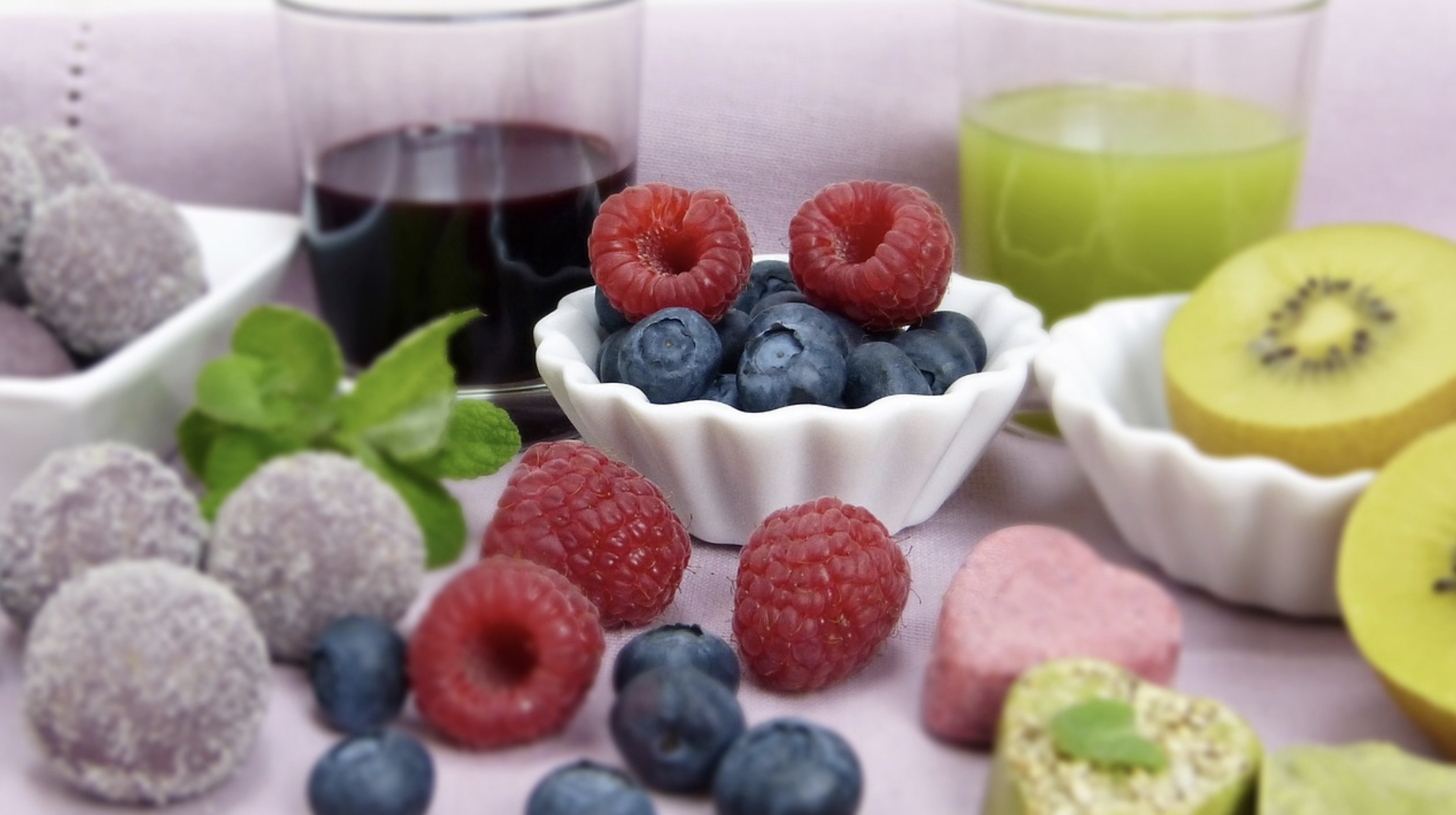Can Your Diet Help Prevent BV?

Bacterial vaginosis (BV) is a common vaginal condition caused by an imbalance in the natural bacteria present in the vagina. It can lead to symptoms like unusual discharge, odor, and irritation.
While BV is not usually serious, it can increase your risk of other infections. Risk factors for BV include poor hygiene practices, an imbalanced diet, and douching, among others.
Interestingly, recent studies suggest that your diet may play an important role in preventing and managing BV. By focusing on nutrient-rich foods, women can support the health of their vaginal microbiome and maintain a normal pH balance.
In addition to dietary changes, supplements like FLO vitamins can help support hormonal health, which can influence overall vaginal well-being. Understanding how diet affects BV prevention can be a powerful tool for maintaining your microbiome and reducing the risk of recurrence.
Why Is a Balanced Diet Important for Vaginal Health?
A balanced diet is key to maintaining overall health, including the health of your vagina. Your immune system plays a powerful role in fighting off infections, including BV, and a diet that supports immune function can help prevent the overgrowth of harmful bacteria.
Nutrient-rich foods like fruits, vegetables, whole grains, and lean proteins provide the vitamins and minerals necessary to keep your immune system strong. Foods high in antioxidants, such as berries, nuts, and leafy greens, can also reduce inflammation and support the body’s ability to fight infections.
A well-balanced diet that includes essential nutrients, such as vitamins A, C, and E, can also help maintain a healthy vaginal flora. By fueling their bodies with the right vitamins, women can create an environment where harmful bacteria have less of a chance to thrive.
What Is the Role of Probiotics in Preventing BV?
Probiotics are live bacteria and yeasts that are beneficial to your health, especially when it comes to maintaining a balanced vaginal microbiome. These good bacteria help prevent the overgrowth of harmful bacteria that can lead to BV.
When the balance of bacteria in your vagina is disturbed, harmful bacteria can take over, causing an infection. Consuming probiotic-rich foods can help restore this balance. Foods like yogurt, kefir, sauerkraut, and kimchi are packed with probiotics, and regularly including them in your diet can support a healthy vaginal flora.
The probiotics found in these foods can help maintain an ideal pH, which makes it more difficult for harmful bacteria to proliferate. Probiotic supplements can also be useful for women who need extra support. By incorporating these foods and supplements into your diet, you can reduce your risk of BV and promote a healthy vaginal environment.
What Foods Should You Avoid for BV Prevention?
While certain foods can help maintain vaginal health, others can contribute to imbalances that increase your risk of BV. One of the main culprits is a diet high in sugar.
Excessive sugar intake can feed harmful bacteria and yeast, leading to overgrowth that disrupts the careful balance of your microbiome. Processed and refined foods, often high in sugar and low in essential nutrients, should also be limited to help prevent such imbalances.
Similarly, alcohol and caffeine can disrupt your body’s processes, weakening your immune system and making it easier for harmful bacteria to thrive. Alcohol, in particular, can alter your body's pH levels, creating a more favorable environment for harmful bacteria.
Likewise, caffeine can cause dehydration, which can negatively impact vaginal moisture and pH balance, increasing the likelihood of infections. For optimal vaginal health, it’s important to moderate your intake of these foods and beverages, focusing on nutrient-dense, whole foods instead.
What Is the Impact of Hydration on Vaginal Health?
Proper hydration is essential for overall wellness and plays a crucial role in maintaining vaginal health. Staying hydrated helps your body flush out toxins and supports the natural detoxification processes that keep harmful bacteria at bay. Dehydration can lead to dry skin and mucous membranes, which can make vaginal tissues more vulnerable to infections like BV.
In addition to its role in detoxification, adequate hydration supports natural vaginal moisture levels, which is vital for maintaining a balanced pH. Drinking enough water every day can also help regulate your body's temperature, influencing the vaginal environment.
What Are the Best Vitamins for Vaginal Health?
While a balanced diet is critical, certain vitamins and supplements can also provide extra support for maintaining your microbiome. Vitamin C, for example — known for its immune-boosting properties — helps fight off infections and supports the health of vaginal tissues.
Vitamin D is another necessary nutrient, as it helps regulate your immune system and promotes a balanced vaginal microbiome. Folate is equally essential for cell regeneration and can contribute to the overall health of the vaginal lining.
Nourish To Protect: A Diet for BV Prevention
A healthy diet rich in probiotics, hydration, and key vitamins can help prevent BV. By avoiding sugar and processed foods while including nutrient-dense options, women can support their vaginal health and reduce the risk of infections, promoting long-term balance and vitality.






